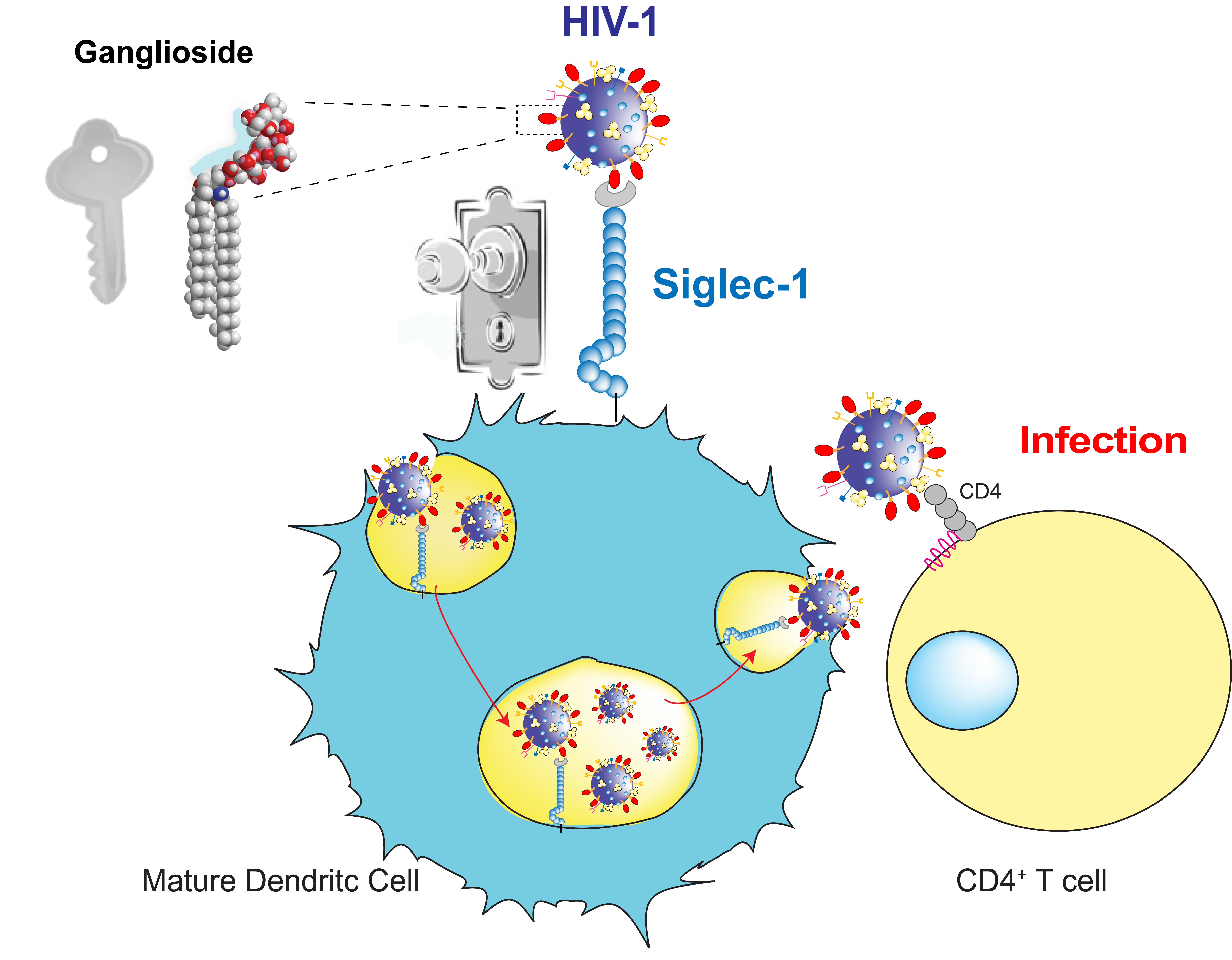The researcher from IrsiCaixa Nuria Izquierdo, awarded the prestigious amfAR Mathilde Krim Fellowship
The postdoctoral researcher of the Institute for AIDS Research IrsiCaixa Nuria Izquierdo-Useros is one of the six recipients worldwide of the last round of the Mathilde Krim Fellowships in Basic Biomedical Research. This fellowship program is an annual research initiative by amfAR, which supports young scientists seeking innovative solutions to HIV/AIDS. Dr. Izquierdo-Useros is one of the only 2 Spanish researchers awarded in the 2013 edition. The award, of $150,000 during two years, will support Izquierdo-Useros’s research project to eliminate the HIV reservoirs from the organism, by using one of the main infectious pathways of HIV to target viral reservoirs and deliver therapeutic agents.
This project, mentored by the ICREA Research Professor at IrsiCaixa Javier Martinez-Picado, will be a follow up of their recent discoveries, published in PLoS Biology in 2012. Their work identified the molecule on the HIV envelope (a lipid called ganglioside) that acts as a key that guides viral storage within mature dendritic cells and Siglec-1, a molecule located on dendritic cells, that is responsible for HIV capture.

Targeting engineered nanoliposomes for therapeutic purge of HIV-1 reservoirs
Nowadays, we still lack a cure for HIV infection because no current treatment is able to eliminate HIV completely. Eradication is hampered by viral reservoirs, which are latently HIV-infected cells that contain dormant virus.
In her project, Dr. Izquierdo-Useros proposes to mimic one of the most potent strategies of HIV dissemination to develop a new therapeutic tool for the specific delivery of antiviral compounds to latently infected cells. This could be achieved via key immune cells, termed mature dendritic cells. HIV penetrates these cells without actually infecting them, thereby acting as Trojan horses that reach one of the main targets of HIV, the CD4+ T lymphocytes, which can become latently infected once viruses are passed on.
They can now use gangliosides to construct antiviral vesicles, termed nanoliposomes, to efficiently package distinct compounds that will travel throughout mature dendritic cells and finally reach the CD4+ T lymphocytes to exert their therapeutic effects. By these means, they will use the same HIV infectious strategy mediated by mature dendritic cells to deliver therapeutic agents and eliminate viral reservoirs from the organism.
amfAR Mathilde Krim fellowship
Named in honor of amfAR Founding Chairman , Dr. Mathilde Krim fellowship program is an annual research initiative created to support bright young scientists seeking innovative solutions to HIV/AIDS. Nuria Izquierdo-Useros, from IrsiCaixa, is one of the few investigators recognized by amfAR in 2013, together with other scientists from the Emory University, in Atlanta, or the Massachusetts General Hospital, among others.
More information: amfAR Awards Give Boost to Promising Young HIV/AIDS Researchers (amfAR)